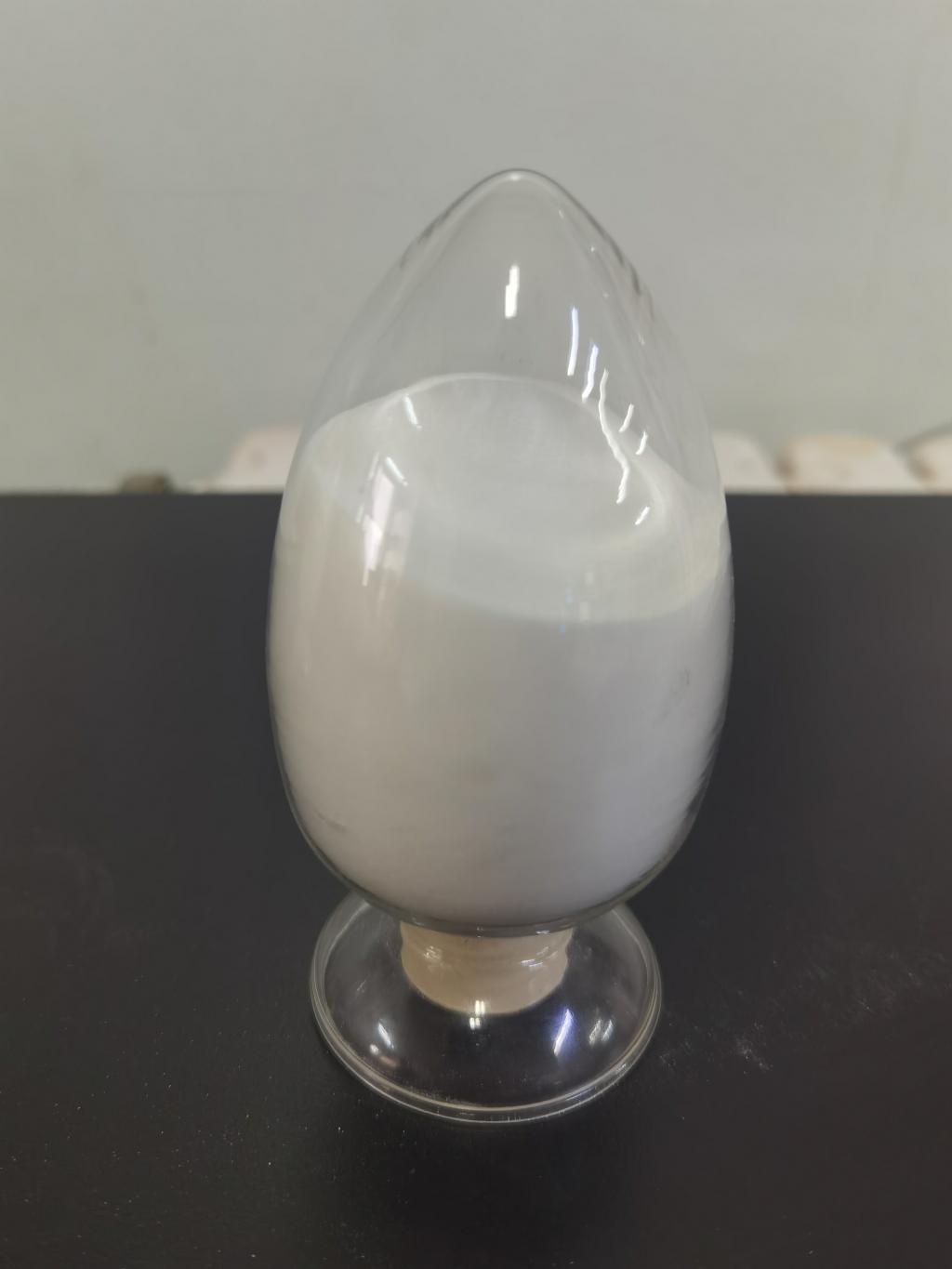
ε-Polylysine Hydrochloride and Food Security: Strengthening the Global Food Chain
TIME:2023-12-26
Food security, defined as the consistent access to sufficient, safe, and nutritious food to meet dietary needs, is a global challenge that demands innovative solutions. In recent years, ε-polylysine hydrochloride has emerged as a key player in the effort to enhance food safety, preserve freshness, and extend the shelf life of various products across the global food chain. This article explores the applications of ε-polylysine hydrochloride in different aspects of the food industry, its role in ensuring food security, and the potential it holds for addressing challenges in the production, distribution, and consumption of food on a global scale.
Understanding ε-Polylysine Hydrochloride: A Natural Antimicrobial Agent
ε-Polylysine hydrochloride is a naturally occurring antimicrobial peptide produced by certain strains of bacteria. It is known for its ability to inhibit the growth of a wide range of microorganisms, including bacteria and fungi. This unique antimicrobial property has positioned ε-polylysine hydrochloride as an effective preservative in the food industry, contributing to the safety and longevity of various food products.
Applications in Food Preservation
1. Extending Shelf Life of Perishable Foods
One of the primary challenges in the global food chain is the preservation of perishable foods. ε-Polylysine hydrochloride offers a natural and effective solution by inhibiting the growth of spoilage microorganisms. This enables the extension of the shelf life of products such as fresh fruits, vegetables, and meats, reducing food waste and ensuring that more food reaches consumers before expiration.
2. Enhancing Safety in Processed Foods
Processed foods, while convenient, often face challenges related to food safety. The introduction of ε-polylysine hydrochloride into processed food products acts as a safeguard against harmful bacteria, enhancing the safety and quality of these items. This is particularly crucial in a global food chain where processed foods may undergo long journeys and storage periods before reaching consumers.
Improving Food Security in Production
1. Preservation of Crops in Agriculture
In agriculture, ε-polylysine hydrochloride can be applied to preserve crops during storage and transportation. This is especially beneficial in regions where post-harvest losses due to microbial spoilage are significant. By preventing the growth of bacteria and fungi, ε-polylysine hydrochloride helps protect crops, ensuring a more stable and secure food supply.
2. Antibacterial Properties in Aquaculture
Aquaculture, a vital component of global food production, faces challenges related to the health of aquatic organisms. The antibacterial properties of ε-polylysine hydrochloride can be utilized in aquaculture practices to mitigate the impact of bacterial infections, contributing to a more secure and sustainable production of seafood.
Addressing Challenges in Food Distribution
1. Preservation during Transportation
The global nature of the food chain often involves long-distance transportation of food products. ε-Polylysine hydrochloride aids in preserving the freshness of perishable goods during transit, reducing the likelihood of spoilage and waste. This is especially relevant in international trade, where maintaining the quality of products from farm to table is a logistical challenge.
2. Minimizing Food Waste in Retail
Retail establishments play a crucial role in the food chain, and minimizing food waste at this stage is essential for overall food security. ε-Polylysine hydrochloride can be incorporated into packaging materials and coatings, providing an additional layer of protection against microbial contamination and extending the shelf life of products on store shelves.
Enhancing Food Safety in Consumer Consumption
1. Safe and Sustainable Seafood
Seafood, a valuable source of protein for many communities, often faces contamination risks. The use of ε-polylysine hydrochloride in seafood processing helps ensure the safety of products on the market, contributing to the overall safety of seafood consumption worldwide.
2. Applications in Ready-to-Eat Foods
Ready-to-eat foods have become increasingly popular in our fast-paced society. ε-Polylysine hydrochloride can be incorporated into these products to enhance safety by preventing the growth of harmful microorganisms, providing consumers with convenient and safe meal options.
Challenges and Considerations in the Use of ε-Polylysine Hydrochloride
While ε-polylysine hydrochloride offers significant benefits for food security, there are challenges and considerations that must be addressed:
1. Regulatory Approval and Consumer Perception
The incorporation of ε-polylysine hydrochloride into food products is subject to regulatory approval in various regions. Communicating the safety and natural origin of this antimicrobial agent is essential for obtaining public acceptance and regulatory clearance.
2. Dosage Optimization and Effectiveness
Achieving the right balance in the dosage of ε-polylysine hydrochloride is crucial for its effectiveness in preserving food products. Collaboration between food scientists and producers is necessary to determine optimal usage levels that ensure safety without compromising the sensory qualities of the food.
Conclusion: A Catalyst for Global Food Security
In the pursuit of global food security, ε-polylysine hydrochloride stands as a catalyst for positive change. Its natural antimicrobial properties offer a versatile and sustainable solution to the challenges faced at every stage of the food chain. From preserving crops in agriculture to ensuring the safety of processed foods and enhancing the shelf life of perishable goods, ε-polylysine hydrochloride contributes to a more resilient and secure global food system.
As the world grapples with issues of food waste, contamination, and access, embracing innovative solutions like ε-polylysine hydrochloride becomes imperative. By strengthening the global food chain through enhanced preservation and safety measures, we not only reduce waste but also ensure that nutritious and safe food reaches every corner of the globe. The integration of ε-polylysine hydrochloride into the fabric of our food production and distribution systems represents a forward-looking approach to addressing the complex challenges of food security in the 21st century.

 CONTACT
CONTACT




